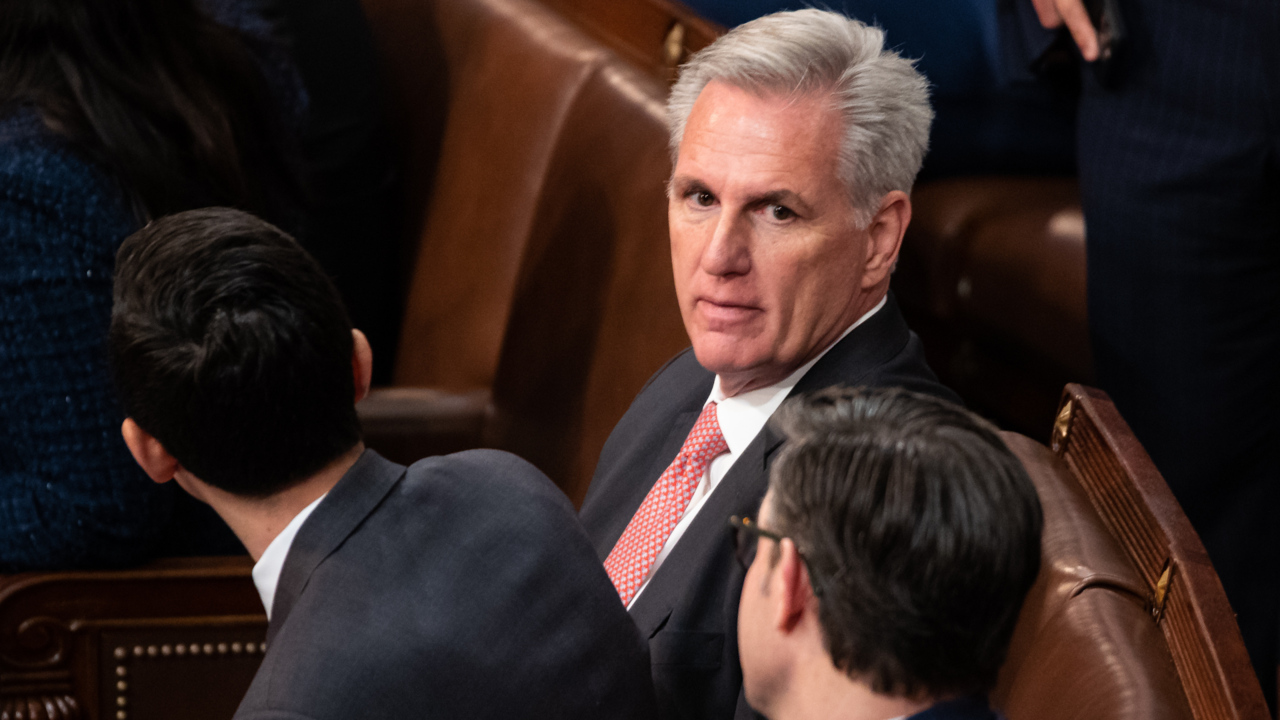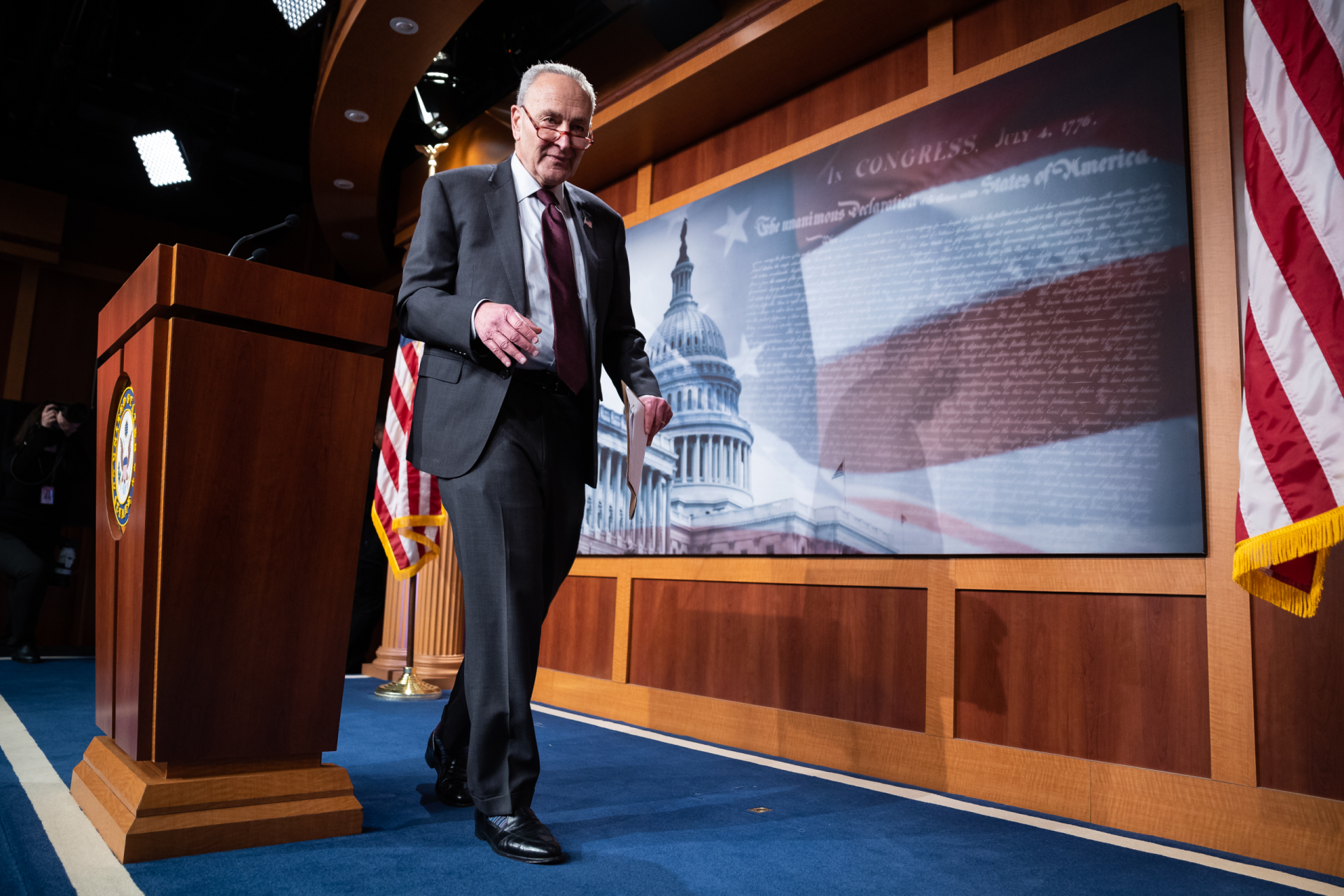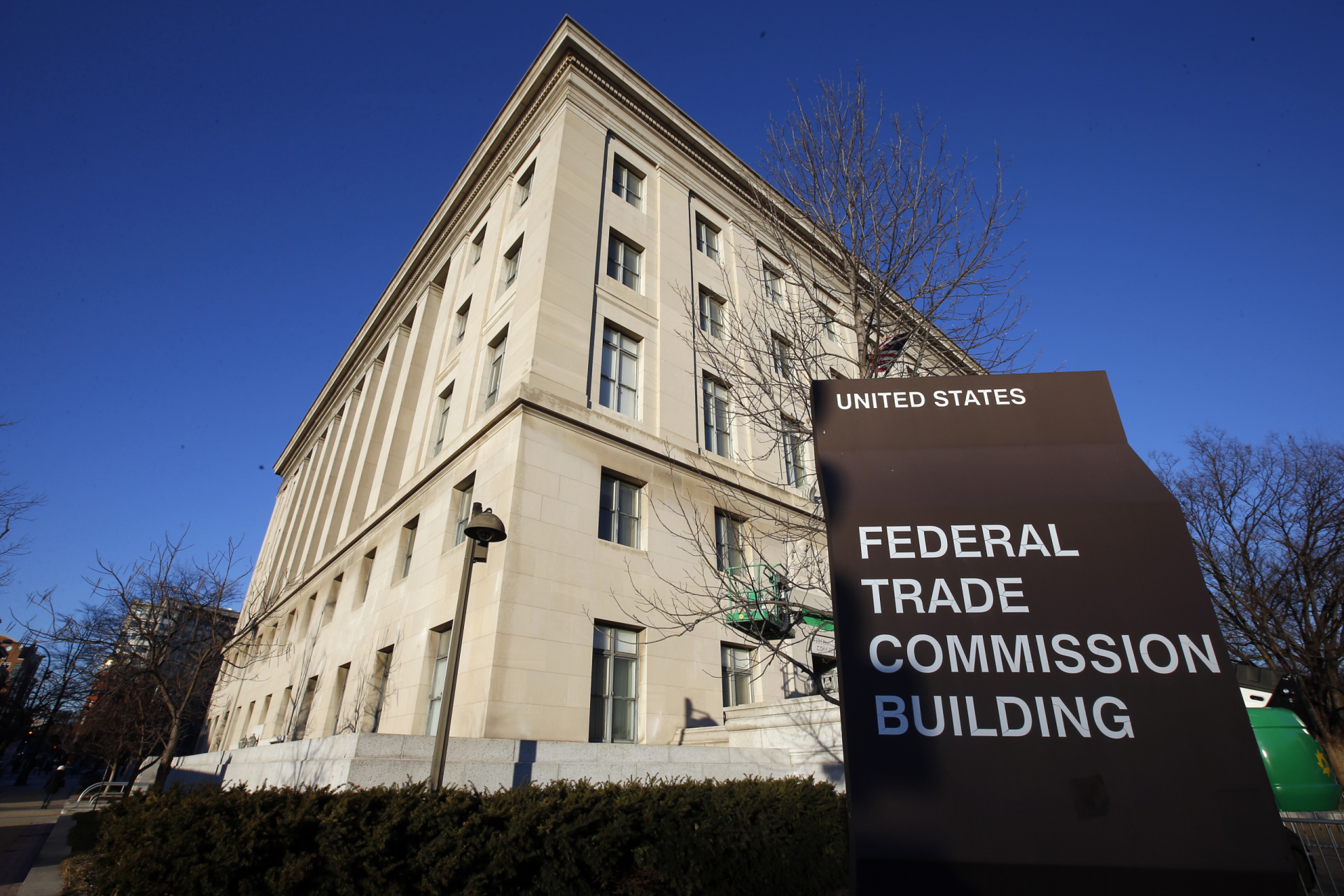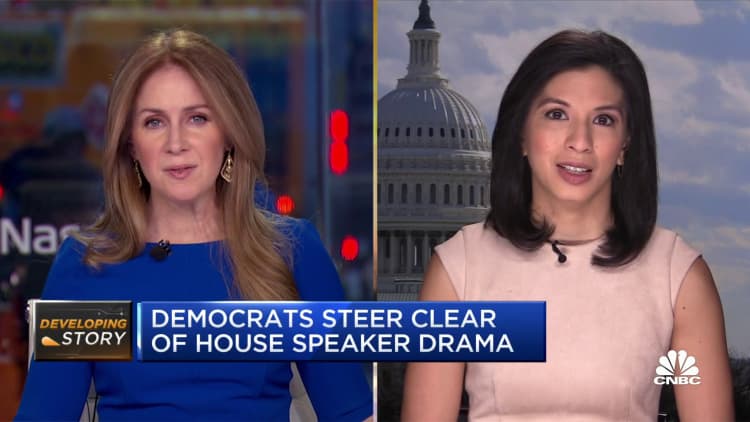CNN
—
Democrat Josh Shapiro, the incoming Pennsylvania governor, announced Thursday that he has selected Republican Al Schmidt, a leading opponent of former President Donald Trump’s efforts to disrupt the counting of votes in 2020, to become secretary of the commonwealth, the state’s top elections official.
Schmidt was the lone Republican on Philadelphia’s elections board when Trump and his allies falsely declared a premature victory in Pennsylvania and then sought to prevent officials from completing their count of mail-in ballots.
Trump targeted Schmidt in a November 11, 2020, tweet, alleging that he “refuses to look at a mountain of corruption & dishonesty.” There has never been any evidence of either. But Trump’s post triggered an onslaught of threats against Schmidt and his family, which he discussed in his public testimony before the House select committee that investigated the January 6, 2021, attack on the US Capitol.
Schmidt is among 12 individuals whom President Joe Biden will honor Friday with the Presidential Medal of Freedom to mark the second anniversary of the January 6 attack, CNN has reported.
“Al Schmidt has a proven track record of defending our democracy, protecting voting rights, and standing up to extremism – even in the face of grave threats – and I am proud to nominate him to be Pennsylvania’s next Secretary of the Commonwealth,” Shapiro said in a statement announcing his first cabinet appointment. (The secretary of the commonwealth post is filled by the governor and is not an elected position.)
Schmidt, in his own statement, said he was “humbled” and “honored to have the chance to continue working to protect the integrity of our elections and strengthen our democracy.”
“Our elections are the foundation of our democracy, and I look forward to working with anyone – regardless of party – to ensure they remain free and fair here in Pennsylvania, and that we do more to ensure every eligible voter can make their voice heard,” he said.
The decision to reach across party lines for the nomination is a continuation of Shapiro’s campaign outreach to moderate Republicans and those in the GOP who rejected the Trump team’s machinations to stop the counting of votes in Pennsylvania as his apparent lead dissipated on and after Election Day in 2020 with the tallying of mail-in ballots.
Biden ended up winning the state – and its 20 critical electoral votes – by more than 80,000 in the popular count. His margin of victory in Philadelphia was nearly a half-million votes.
During his testimony last June on Capitol Hill, Schmidt provided examples of the angry messages and death threats he received following Trump’s tweet.
“After the president tweeted at me, by name, calling me out the way that he did, the threats became much more specific,” Schmidt said. “Much more graphic. And included not just me, by name, but included members of my family, by name, their ages, our address, pictures of our home. Just every bit of detail that you could imagine. That was what changed with that tweet.”
Shapiro, the Pennsylvania attorney general, won an overwhelming victory November in the governor’s race, trouncing Republican state Sen. Doug Mastriano, a far-right election-denier supported by Trump. Mastriano – who attended and helped organize buses to bring Trump supporters to Washington on January 6, 2021 – frequently posted on social media sites about conspiracy theories and paid Gab, a far-right social media platform rife with antisemitism, $5,000 for “consulting” services.
Schmidt resigned from his post in Philadelphia in 2021 to become president of the Committee of Seventy, a nonpartisan good governance nonprofit.













